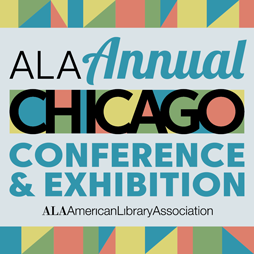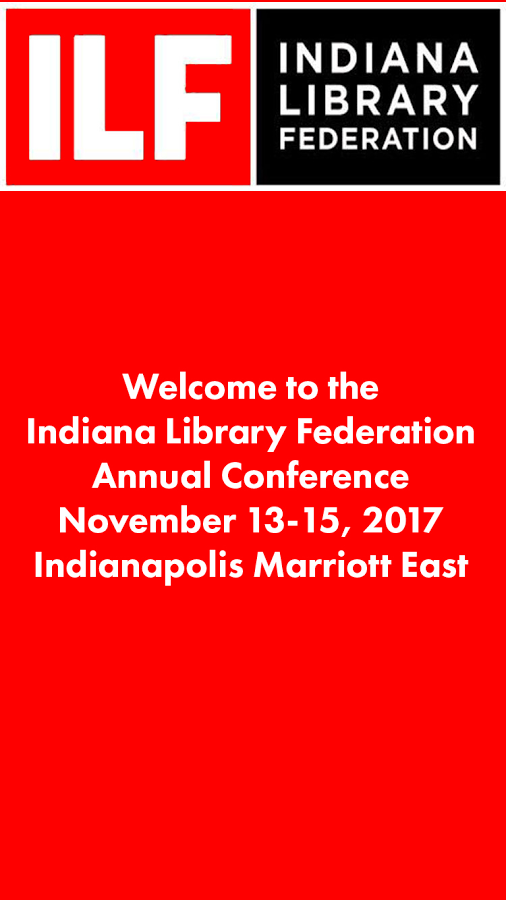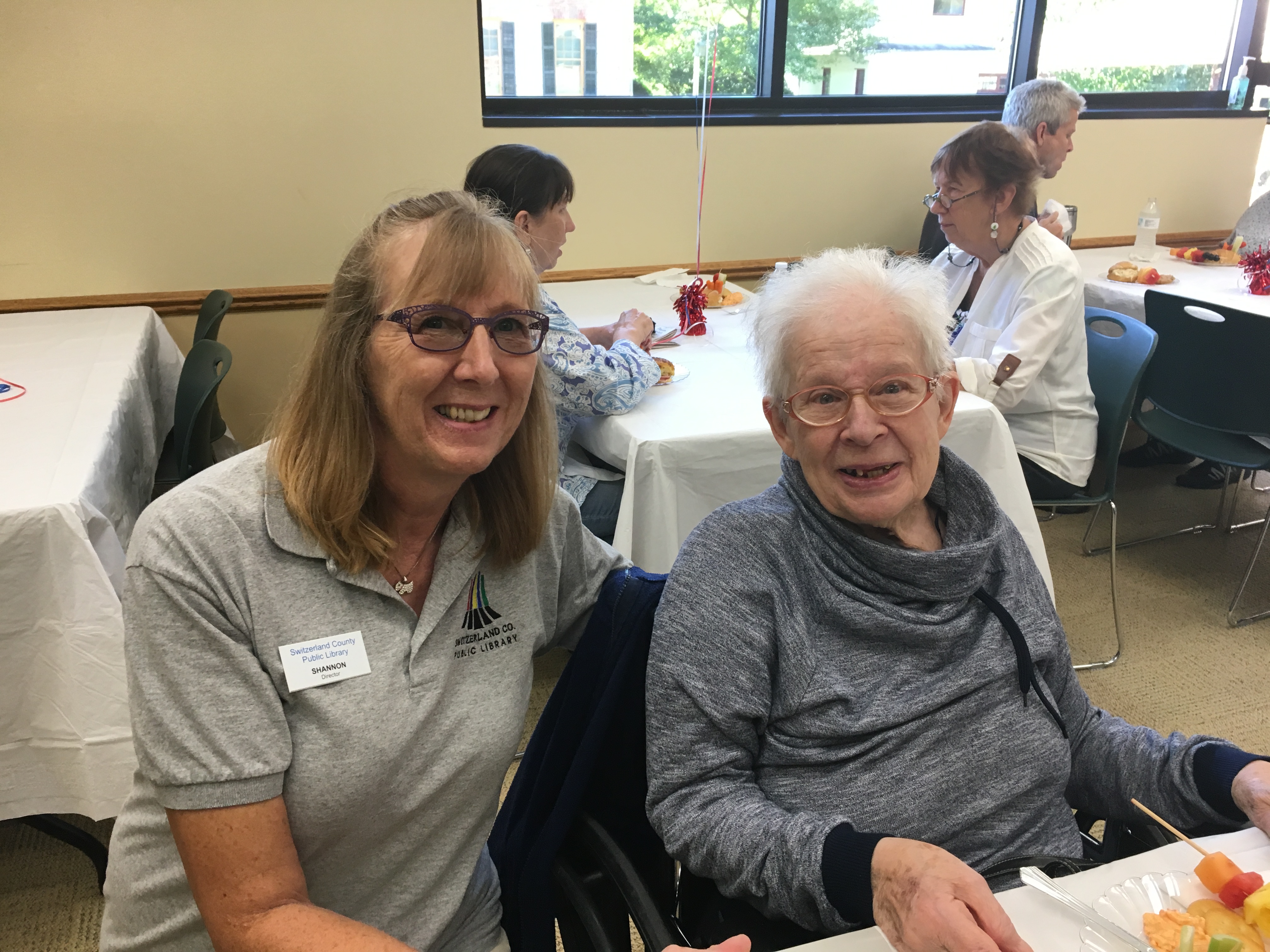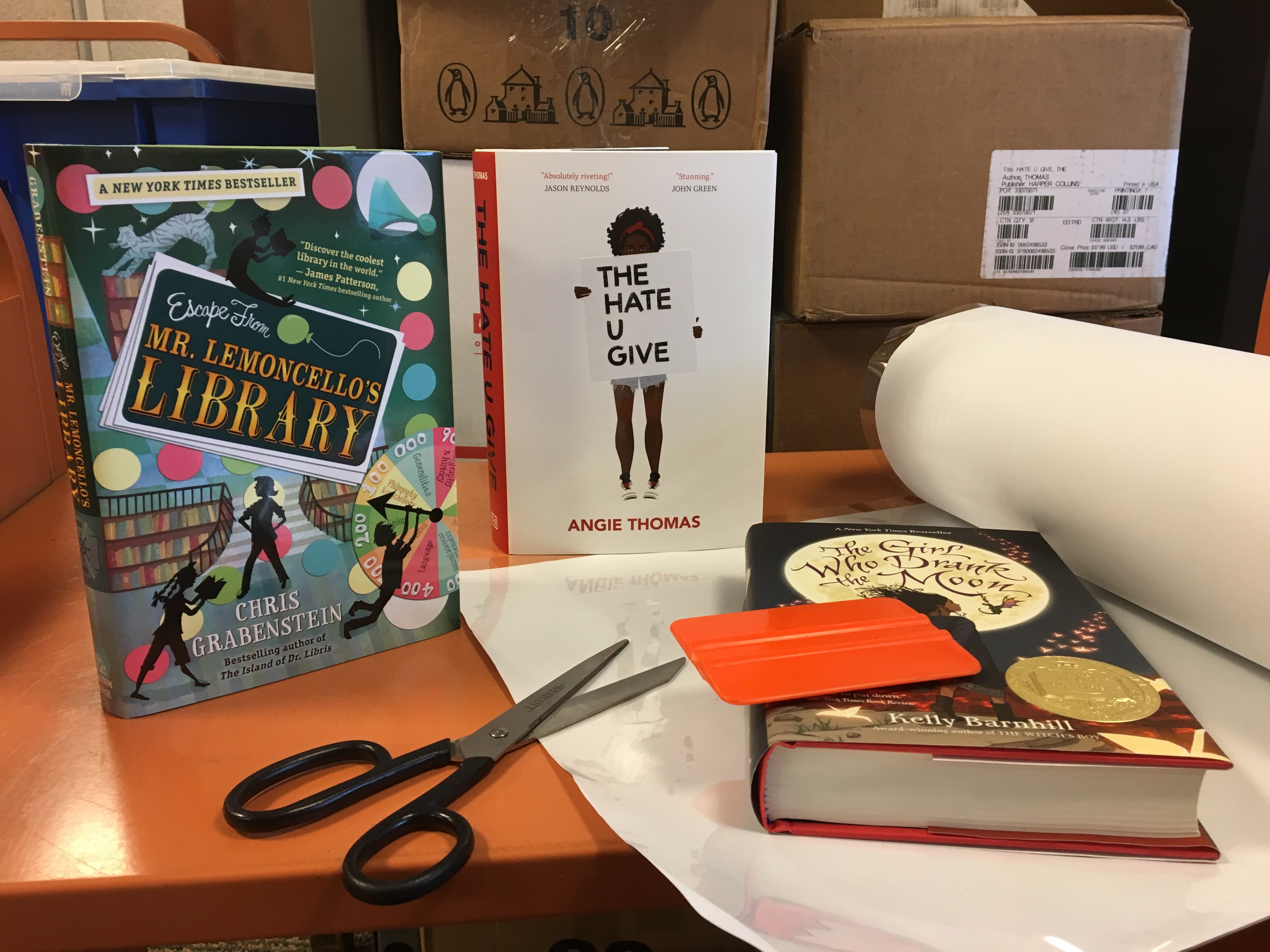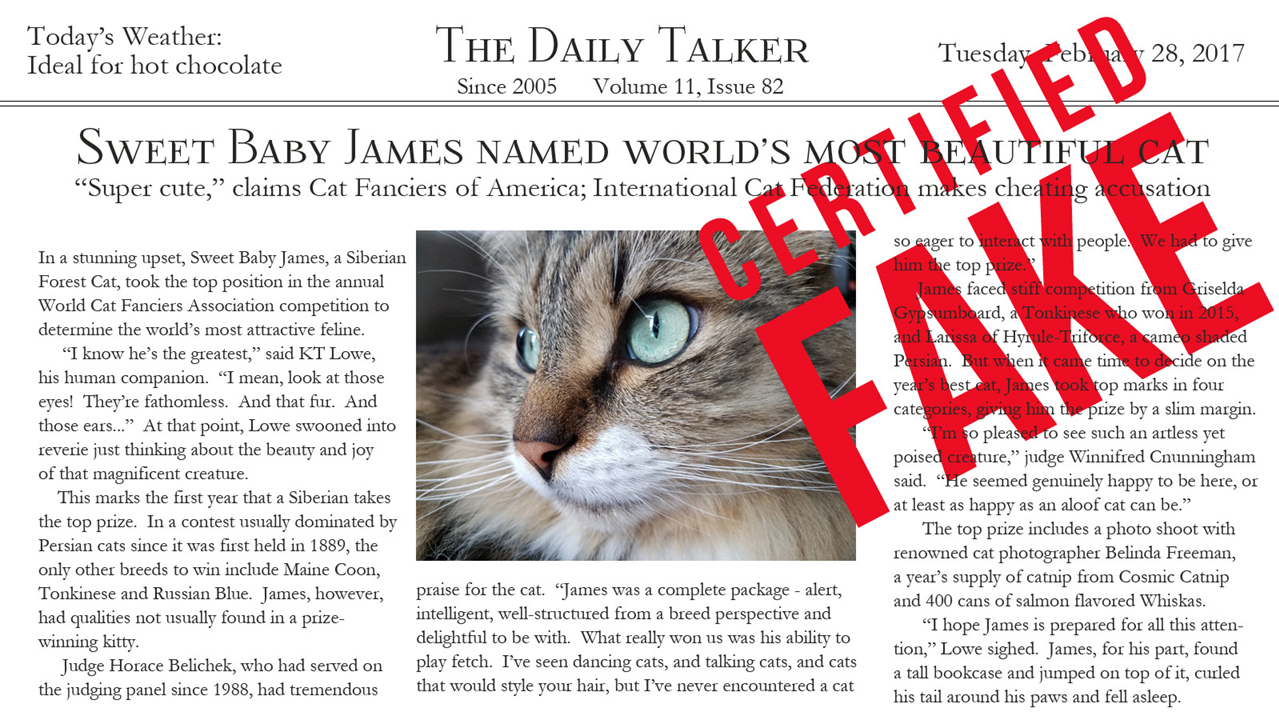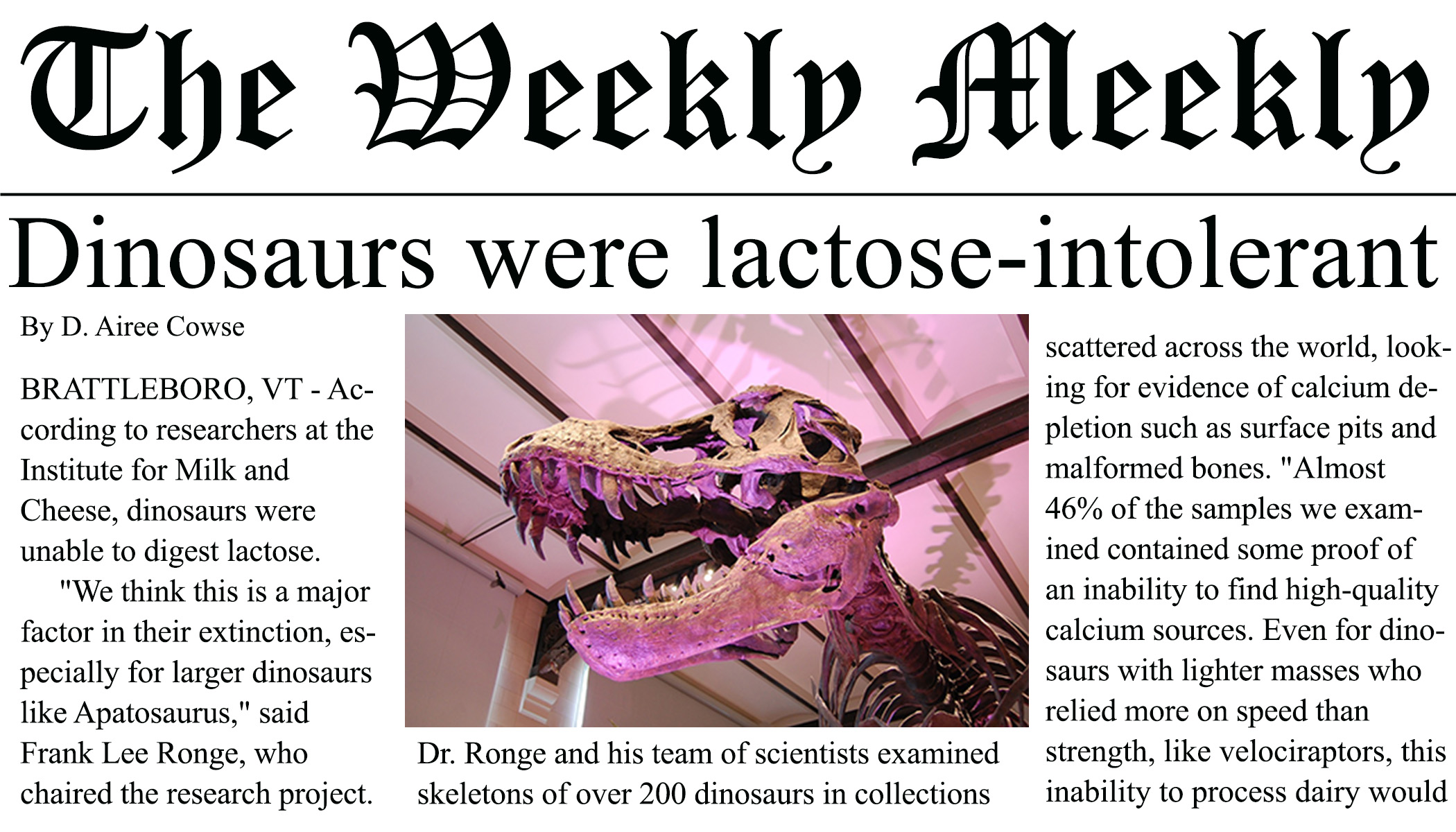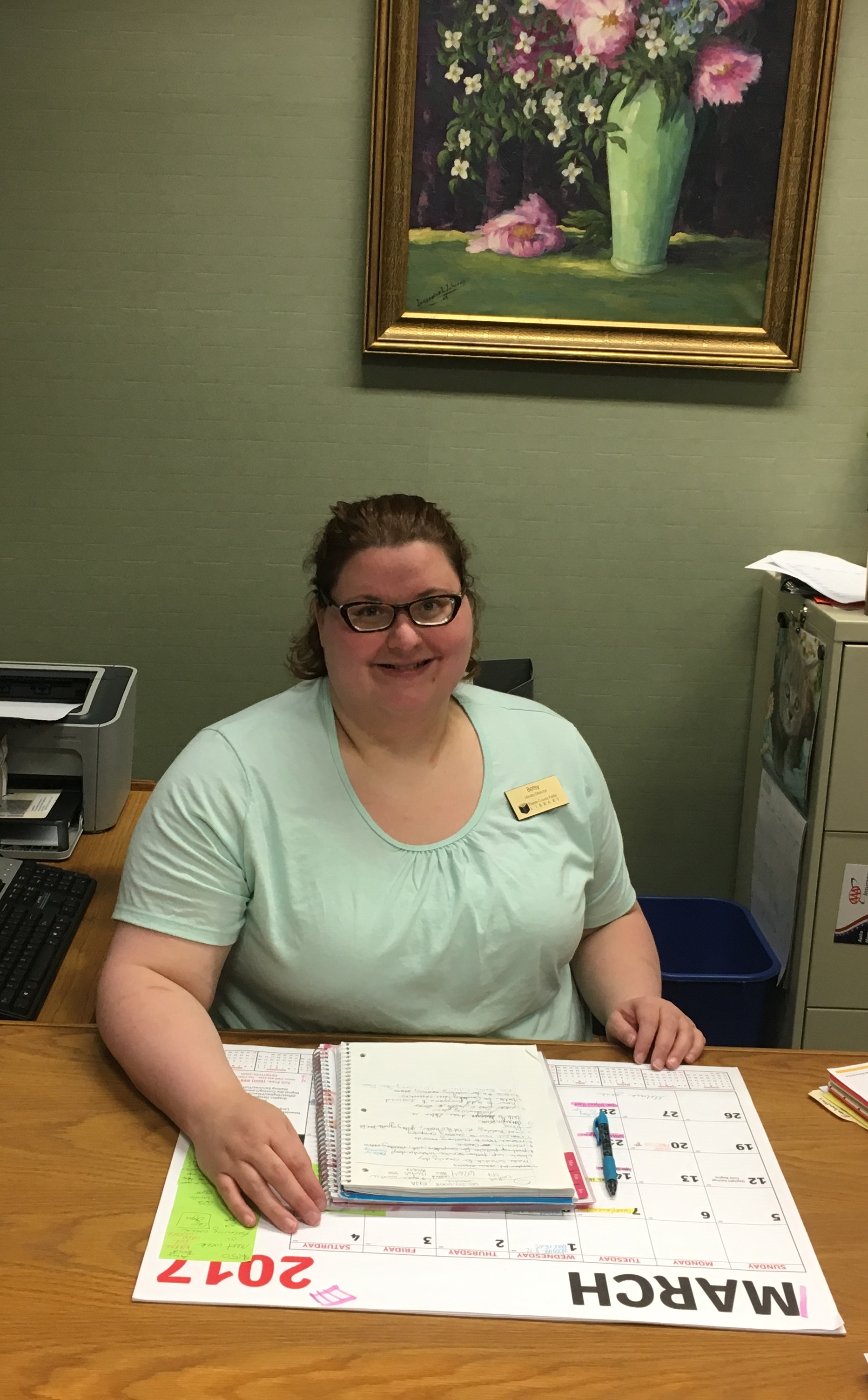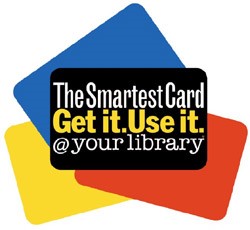Professional conferences are a great way to refresh, get inspiration, meet new people and see new places and things. In graduate school I attended my first professional library conference and was totally lost. Which sessions should I attend? How do I figure out this big bulky book that has anything and everything I ever wanted to know about the conference in it? What is the exhibitor’s hall and why should I care? I was so overwhelmed! Twenty eight years later – conferences haven’t fundamentally changed. You still need to bring the essentials: a sweater, refillable water bottle and comfortable shoes. But what is relatively new is the conference app! They are amazing! No more carrying that big bulky book or tearing out pages – yeah! This year’s ALA Annual Conference was my first time using a conference app.
With this app you could view exhibitor information, contact information and location of their booth, all easily accessible. It also included a floor plan of the exhibit floor. You could also browse the speakers, poster presenters and other attendees. Forget your business cards? No problem! Each attendees’ badge had a QR code so you could scan other attendees’ badges with their QR code when making connections. And you could also send messages to other app users. The app would also send alerts and updates for the conference right to the app.
Best of all, you could create a personal schedule by starring the sessions you planned to attend. You could see exactly what you want to attend, what time and where the session located. Having back up sessions starred was a must just in case the session you wanted to attend was full. Presenter’s slide presentations were also available on the app. You could draw on presentation slides, highlight text and take notes. It was even better if you had the conference app on a tablet or iPad.
The upcoming Indiana Library Federation Annual Conference on Nov. 13-15 also has an app. Search the Google Play or Apple App stores for “2017 ILF Annual Conference” to download this app. Like the ALA conference app, it also includes links to attendees, favorites, notes, schedule, speakers, sponsors, exhibitors, interactive map and more!
Want to learn how to get even more out of attending conferences? Be sure to sign up for this upcoming webinar: It’s Not Just Packing a Cardigan: How to Attend a Conference to Get the Most out of Your Experience on Tuesday, Oct. 24, 2017 from 9:30 to 10:30 am, EST. No LEUs will be offered, but we still hope this is a great event to get ready for all the library conferences!
This blog post was written by Paula Newcom, northeast regional coordinator, Indiana State Library. For more information, contact the Professional Development Office at (317) 232-3697 or email.

